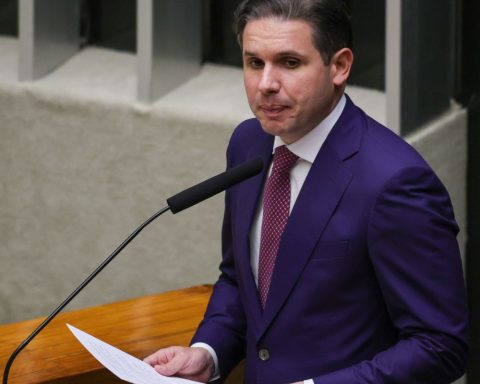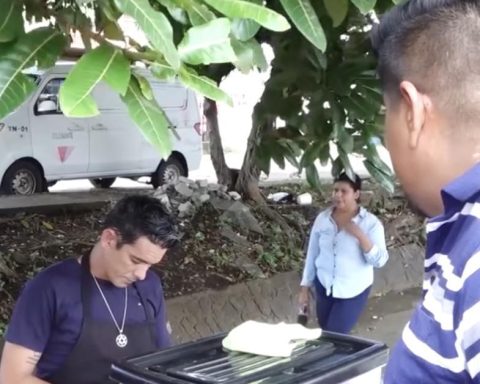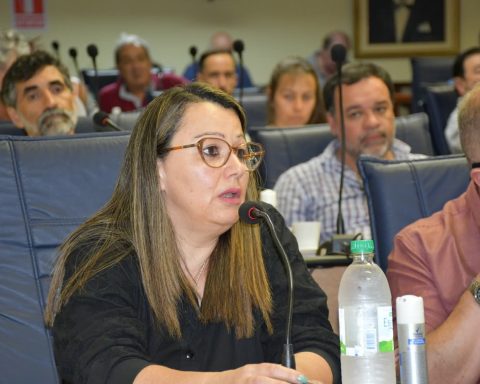Colombian President Gustavo Petro seeks to reinforce the social benefits of workers with its labour reform, which settled in Congress. The bill will also test the support his government has among lawmakers.
(See: Increase in unemployment and more ‘buts’ from unions to the labor reform).
the bill make it difficult to fire employees and would give workers extra pay for working after 6:00 p.m., on weekends, and on holidays.
It would also force ride-sharing applications, such as Uber, and ‘delivery’ platforms, such as rappi, to pay workers’ Social Security contributions.
(See: Labor reform: this is how “reinforced labor stability” would work).
The reform is the latest attempt by the government, barely seven months old, to boost welfare provision and reduce inequality in the country.
Petro also seeks to reform the country’s health and pension systems, in both cases increasing the role of the State.
Some groups representing employers warned that by increasing hiring costs, Petro’s labor reforms crun the risk of raising unemployment and the number of workers who earn a living in the informal market.
Currently, about half of Colombian workers do not have a formal contract.
(See: He agreed with him: Petro spoke about Uribe’s criticism of the labor reform).
The bill is likely to face changes during its passage through Congress.
Labour reform.
EFE
The fate of the labor reform bill will likely indicate whether the government coalition Petro Congress will stand together to pass the other most controversial reforms, while political parties begin to prepare for regional elections in October.
(See: These are the changes of the labor reform established in Congress).
Bloomberg

















